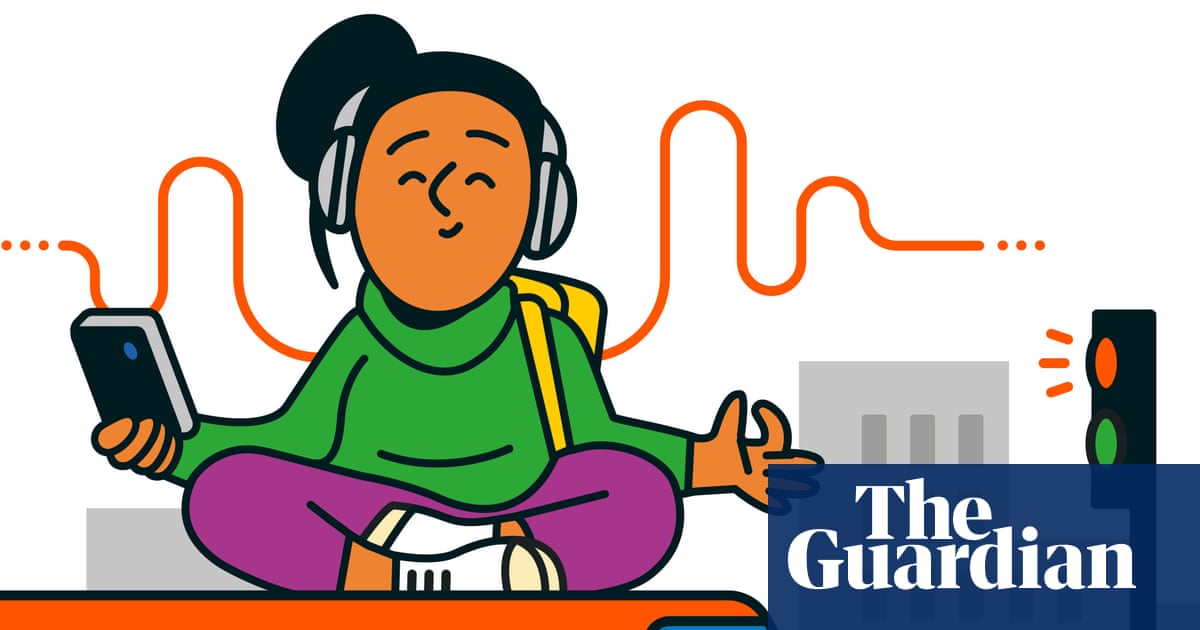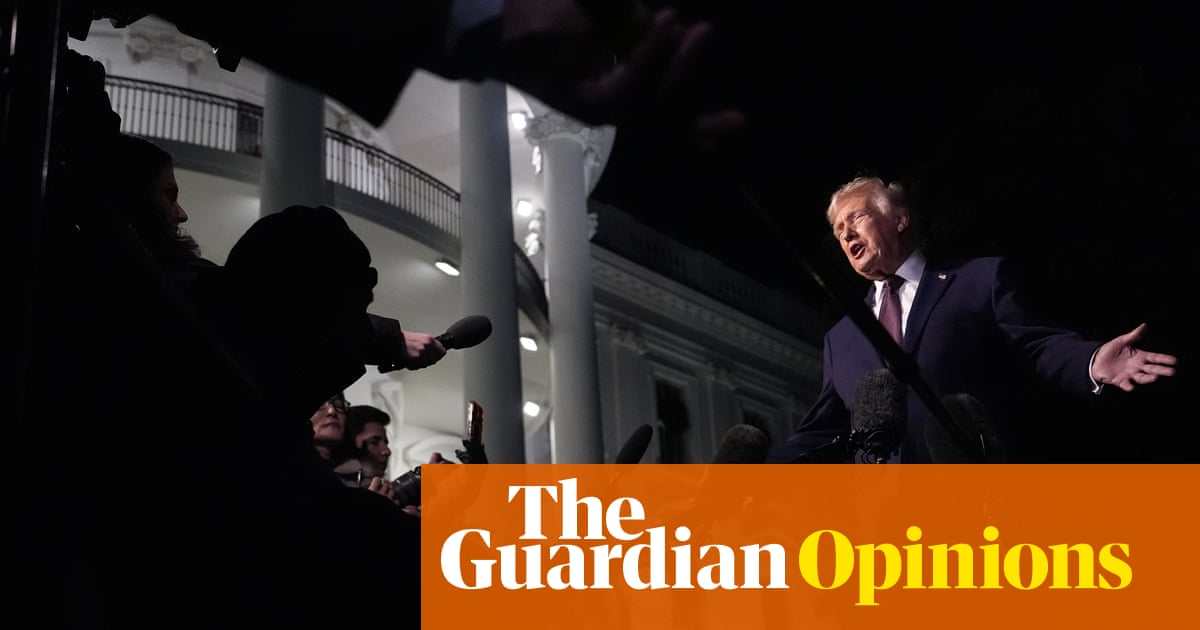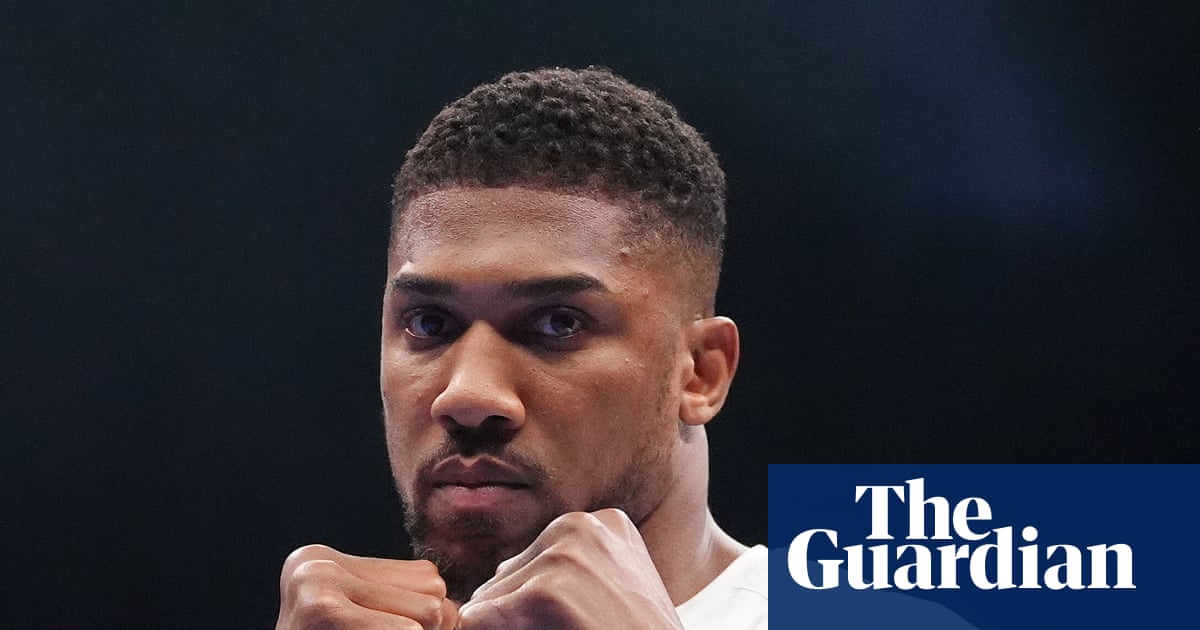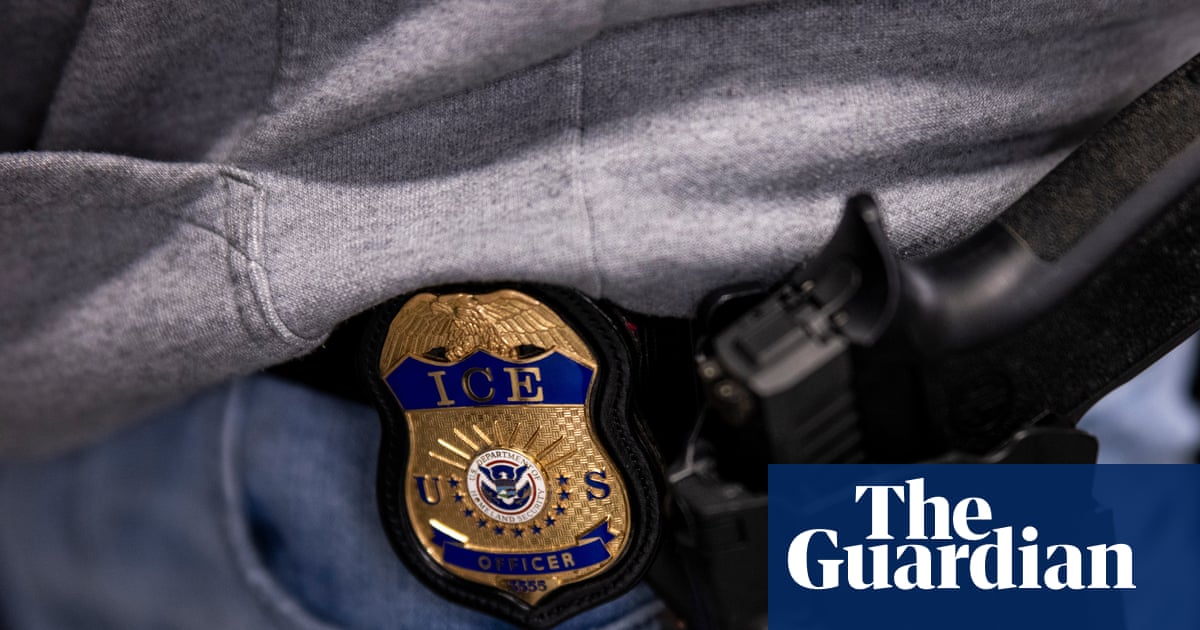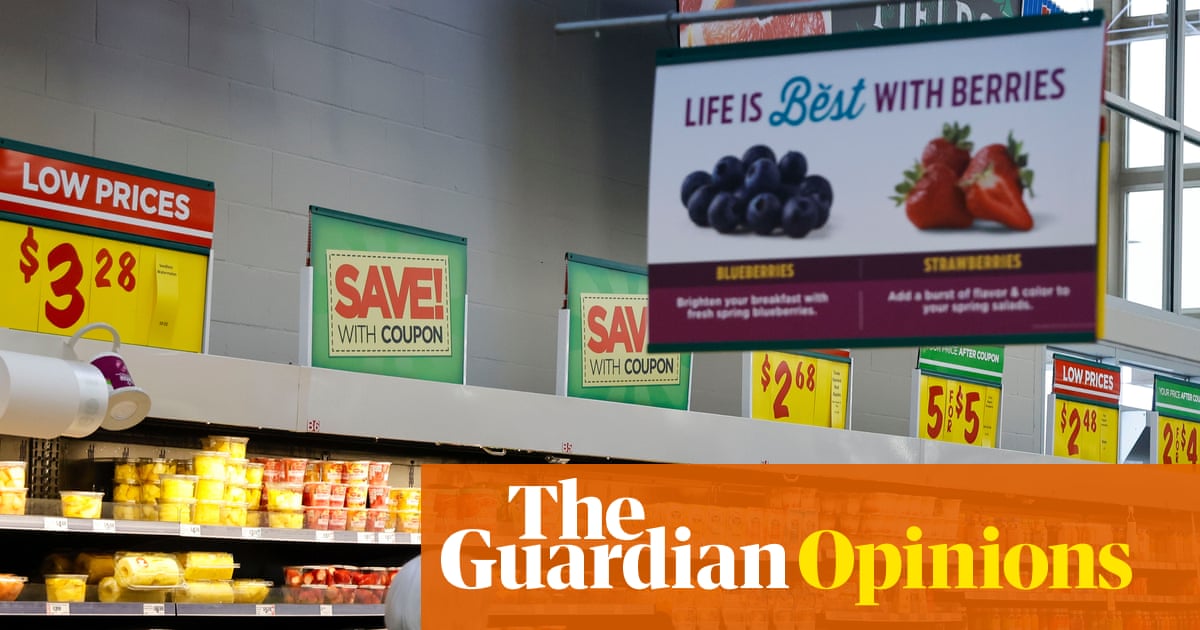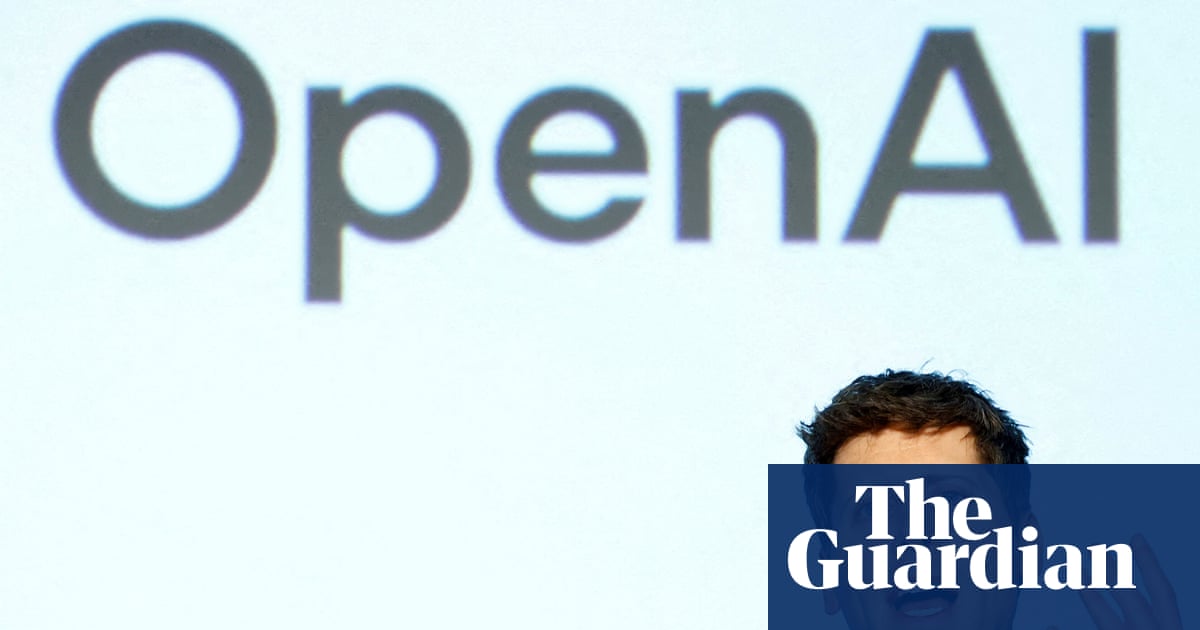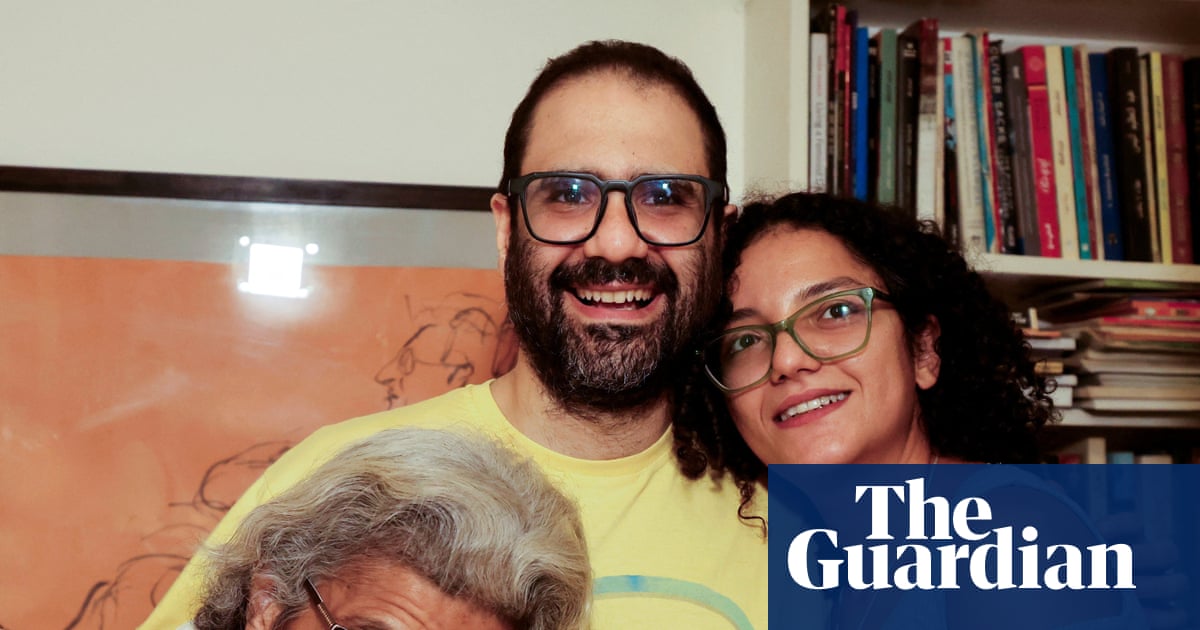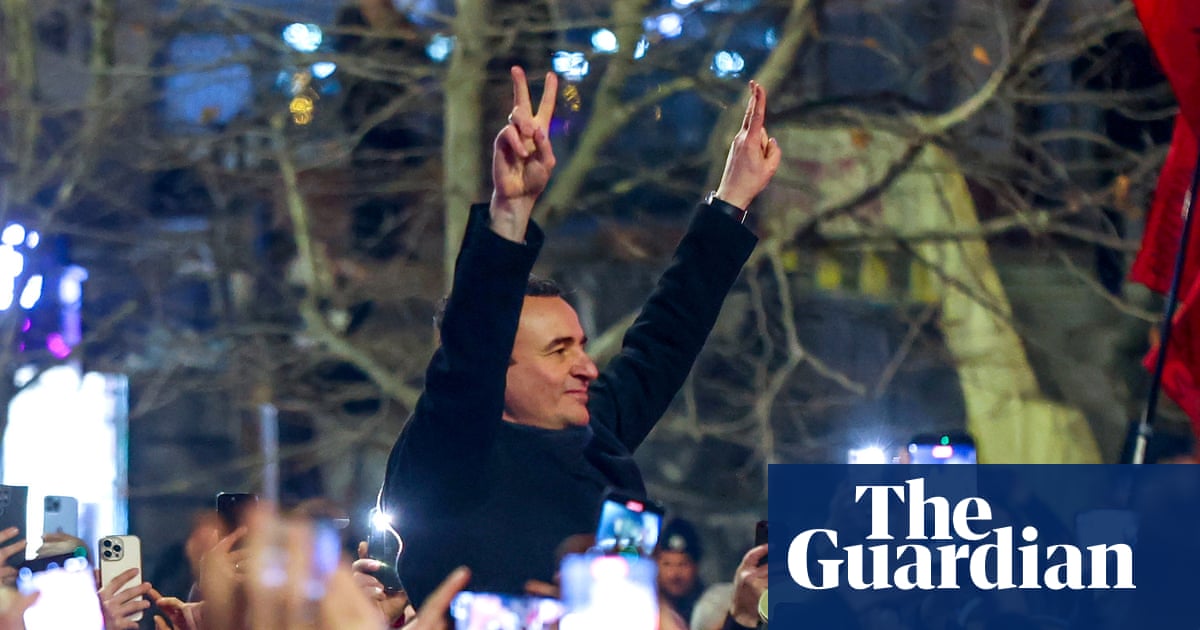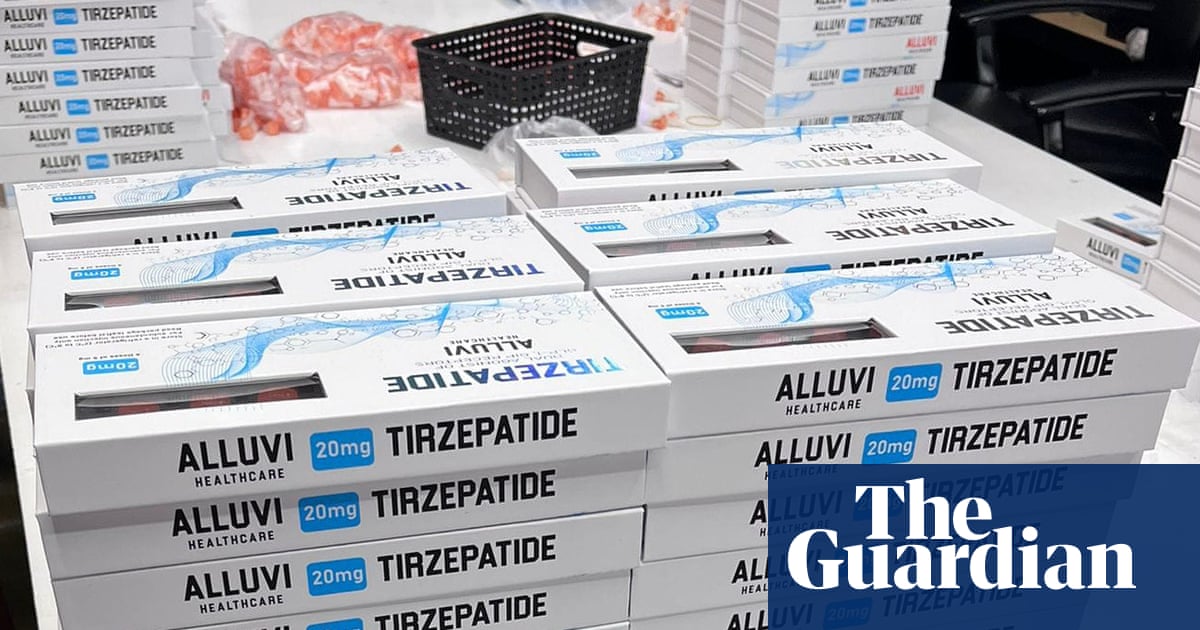‘What kind of god builds a world on this forgotten town?” Richie Culver seethes on Curse, closing out his dark, cinematic album I Trust Pain. He’s referring to Withernsea, a faded seaside resort near Hull, where he grew up and then desperately wanted to leave. “I remember feeling so resentful,” he says. “I heard Tracey Chapman’s Fast Car and thought: is this song about me?” He duly got out aged 17, eventually settling in London and finding success as a visual artist and musician.
But in recent years, the 46-year-old began hearing younger avant garde musicians “talking about their satellite towns” in other often forgotten corners of the north. “I’d never looked at the north like that, in the way these artists are unravelling these narratives.” Having dabbled in music for decades, he was inspired by these acts to embark on his first serious records, with Withernsea as his muse – finally seeing his old town as “ripe for storytelling”.
The artists Culver discovered are a wave of experimentalists writing a new chapter in northern English music – including Preston’s Blackhaine, Bradford’s Iceboy Violet, Huddersfield’s Aya, Manchester-based Shell Company and others – with noirish, club-adjacent sounds and confessional lyrics. Frequently collaborating with one another and linked via avant garde music hub the White Hotel in Salford, their roots are in the north’s less spotlit corners, and their inspiration is often drawn from feelings of alienation and boredom. With London receiving more culture funding than the entire north of England (according to think tank IPPR North), many young northern artists beyond the metropolis of Manchester find themselves isolated.
“Everybody comes from a place of mundanity, and [is] able to sit with themselves – even sit with horrible thoughts,” says Rainy Miller, an artist from the Lancashire town of Longridge who has worked with and released most of these acts on his Fixed Abode label. He has a name for this phenomenon: the northern gothic.
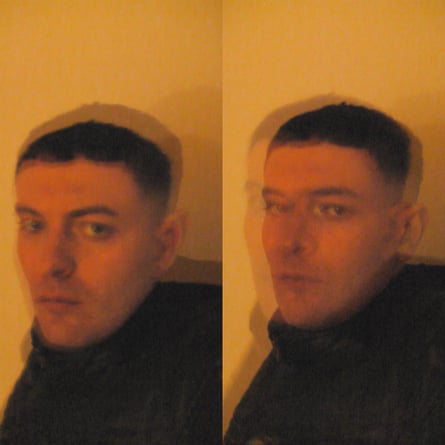
I meet Miller in Preston, and we visit the terraced house where he started Fixed Abode. The day he viewed this house, just prior to the 2020 lockdowns, he had a distressing chance encounter on the street: “I saw my biological father for the first time in 20 years.” The emotional fallout inspired his astonishing, desolate new album Joseph, What Have You Done?, featuring Miller recounting the incident and resulting surge of “rage and hatred for myself” on the track Marked, 2020. Reflecting on family and his small-town upbringing, the album addresses the feeling – screamed on Mud in My Mouth (Predetermined Definitions) – of having been “born to be nothing”.
Walking me through Preston’s quiet streets, Miller discusses the northern gothic as a play on the southern gothic literary tradition in the US, with its stories of nowhere towns in the deep south. After Chorley artist Christ the Poet showed Miller the 2003 documentary Searching for the Wrong-Eyed Jesus, focused on the American south, Miller felt a similarity with the northern satellite towns he grew up around: “All these places have so much space and time to stand still.”
Like himself, the artists in Fixed Abode’s orbit have largely grown up in these towns. These include his schoolmate, the Preston-born and Chorley-raised rapper-choreographer Blackhaine, who poured his disillusionment into the Miller-produced 2020 EP Armour. “All this pain, I can’t sense it,” Blackhaine raps on motorway ode Black Lights on the M6. Blackhaine went on to do choreography collaborations with Playboi Carti and, pre-cancellation, Kanye West. Miller describes an early session with him, along with Manchester’s Space Afrika, as being “like I’d walked into the room I was meant to be in”.
Rapper and producer Iceboy Violet, who has collaborated with both Miller and Blackhaine, describes a similar upbringing. “The quality I can pick out from my music, that relates to growing up in Halifax, is isolation,” they explain on a call. “I felt quite lonely and misunderstood.” That isolation prompted experiments in production, eventually leading to emotive, abstract records such as 2023’s Not a Dream, But a Controlled Explosion.

Iceboy Violet’s interest in experimental music connected them with likeminded northern artists, especially after co-founding the club night Mutualism while studying in Huddersfield. An early booking was Aya – whose nightmarish recent album Hexed! reflects on growing up around that same town – leading to a “beautiful friendship”. Relocating to Manchester, Iceboy Violet began visiting the White Hotel, which was “booking the exact type of acts I wanted to see and maybe nobody else wanted to”. Befriending other regulars, they began playing there frequently, culminating in Mutualism’s recent 10th birthday celebrations, with Iceboy Violet and Aya taking to the decks. “Someone started chanting ‘friendship’, and the whole club joined in.”
I head to the White Hotel the next day. A former auto-repair workshop on a Salford industrial estate, since 2015 the club has gathered fans of extreme, boundary-pushing music under the giant white metal cross in its centre. Every act I have named has played here. I bump into Miller, who I’d last seen here DJing with Iceboy Violet during one of the club’s midnight-7am parties. Tonight it’s a seated crowd for spoken-word artist Rosabella Allen, who is knelt over CDJs on the stage’s floor and looping her voice over dark, woozy beats. She is also the vocalist in another Fixed Abode alumnus: Manchester-formed post-rock trio Shell Company.
Shell Company cite lockdown as another influence on this wave of experimental music. “Living in the north of England in 2020 during lockdown has this very specific set of social things going on, which mean there’s going to be a dark element to it,” the group’s Chris Banks says. A 2021 report by the Northern Health Science Alliance found that lockdowns hit the north of England much harder than the south, in terms of fatalities, mental health and unemployment. Banks’s brother Rob also suggests the lockdowns are a reason why “there’s a lot of influence from club electronics, without it really being music for a dancefloor”. Allen describes their darkly beautiful new EP Locket as dealing with “loneliness and isolation”, though the track Salt Fields features a friend – Richie Culver.
“I look up to all the people you’ve mentioned,” Culver says. Sitting in his studio in north-west London, we are surrounded by his strange, dark creations. There are paintings of disfigured faces, leather strapping mounted to canvases, and the piece that inspired I Trust Pain track Nothing: a huge white sheet with the words “born” and “died” crossed out. Reaching out to Blackhaine in the lockdowns, Culver began a series of collaborations with artists in this orbit, setting the tone for his 2022 debut album I Was Born by the Sea.
I Trust Pain is a definitive northern gothic album. Its mix of witchy trap, spoken-word and dreary ambient – featuring some production by Miller and Blackhaine, and influenced by Culver’s industrial beat-making under the name Quiet Husband – focuses on Withernsea. He flipped the childhood escape fantasy he had with Chapman’s Fast Car into last year’s Slow Car, his deep voice whispering “You’re never gonna leave”, and those feelings are also on the new album. “It’s just me alone by the seaside,” he raps on North Sea Calls, “hiding from the nothing that’s coming my way.”
A photo from outside his childhood home hangs on one of the studio walls, of a lone caravan on a featureless slope. “There’s nothing like an English seaside town in January and February – the morbidness and heaviness of that,” Culver says. While the area has a history of experimental music, with industrial pioneers Throbbing Gristle forming in Hull, the artist felt culturally isolated. “There was zero for me, if you wanted to be a weirdo and be around weirdos.”
However, he says, “those 17 years made me the artist and musician I am, and gave me a story to tell.” Gratitude is certainly present in I Trust Pain’s mixed feelings about Withernsea, interwoven with reflections on relationships and old regrets: “I guess sometimes when you’re in it and living it, it’s hard to see how beautiful it actually is,” he recites on near-ballad Some Stories Linger.
“I’ve spent my whole life overthinking things, and trying to be something I’m not by coming to London,” Culver says. This record seems to have helped process those feelings, thanks to the kindred spirits in northern experimental music that inspired him to try. “I’d never heard anybody make the north sound so cool, and poetic.”

 1 month ago
38
1 month ago
38


